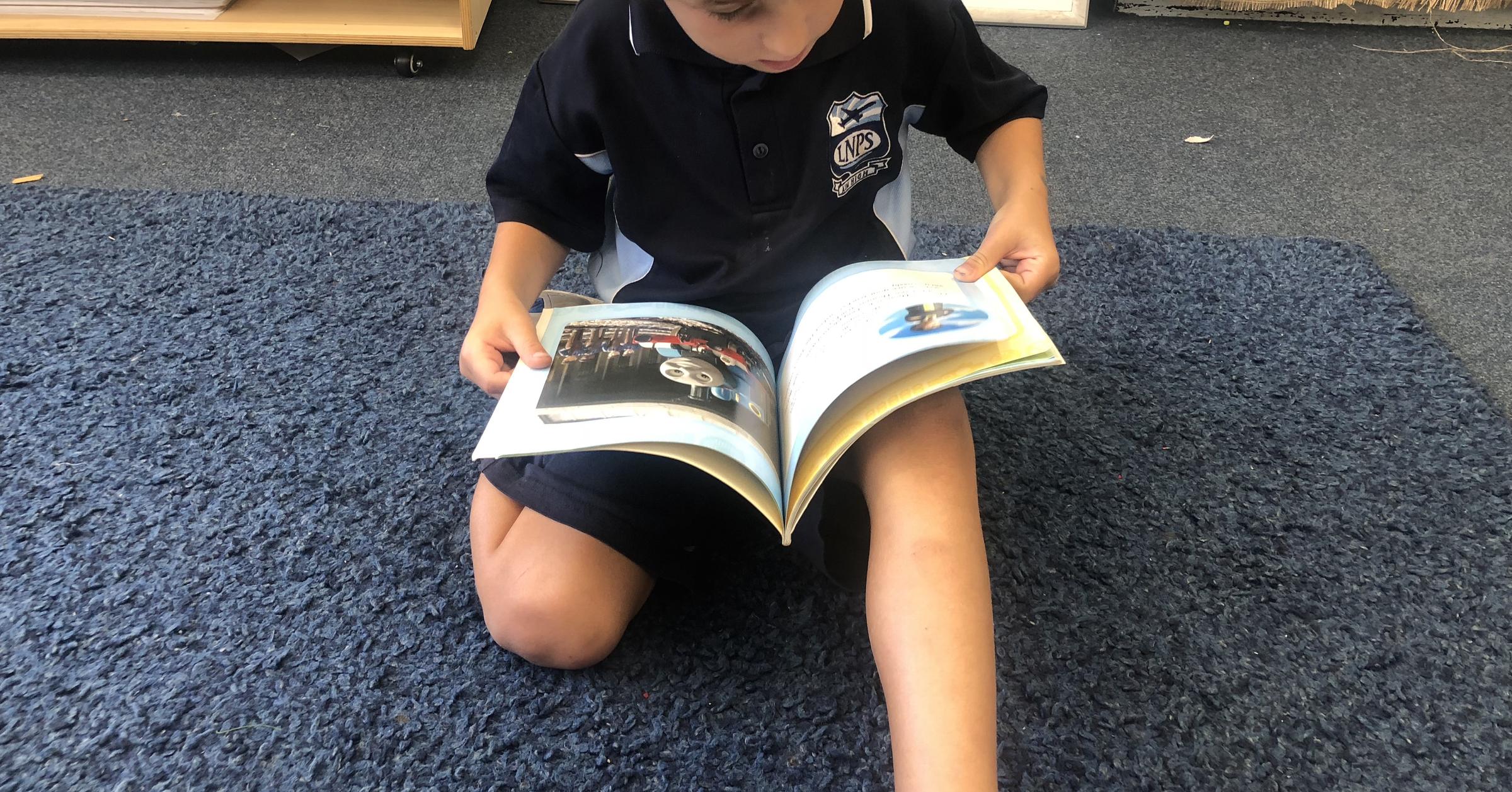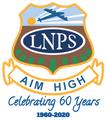School of Thought

The reading brain
With Rosemary and Natalie
Our teaching and learning approaches at Lockleys North Primary School are always centred around up to date research and best practices, and leadership along with staff are always seeking knowledge to improve student learning outcomes. In recent times, we have become more aware of the neuroscience which influences how we teach reading.
Unlike spoken language, reading is not an innate developmental function of the brain. There is no single area of the brain devoted to reading - making sense of written text requires establishing connections between areas of the brain that evolved for other cognitive processes. For many children, the development of these neural pathways requires explicitly teaching the relationships between the sounds of spoken language, the letters and letter combinations that make up written words, and their meanings. (Buckingham, 2016)
The teaching of reading at LNPS is based on the Big 6 components of reading. As children are developing their neural pathways for reading, all of the components of the Big 6 are integrated throughout reading opportunities across the day. These components include: oral language, phonological awareness, phonics, vocabulary, fluency and comprehension. To be effective readers students need to be able to use the six components of reading in combination. (DECD, 2016) Through recognised high impact strategies, teachers at LNPS design learning programs to meet student’s needs, incorporating explicit teaching, logical and intentional sequencing, targeted differentiation and multiple approaches.
We urge you, as committed families at LNPS, to engage in this valuable inquiry about reading at our upcoming Parent Education evening, with a focus on reading and writing. LNPS TedTalk - Write Like a Reader, Read Like a Writer will focus on building parent understanding about reading and writing at LNPS. The evening will cover the following areas:
LNPS approaches to reading and writing
How you can support reading and writing at home
Reading and writing beyond the classroom
How do you start reading and writing before school?
Comprehension of reading and viewing when at home
How we begin reading and writing - Early Years
The importance of TALK and DISCUSSION.
The research surrounding the reading brain is compelling and encourages us to all work together, both in the school setting and at home to support the best learning outcomes for our students.
Looking forward to sharing learning with you at the upcoming Parent Education evening. In the meantime enjoy engaging in rich reading opportunities with your child/ren during the school holiday break.
